*/
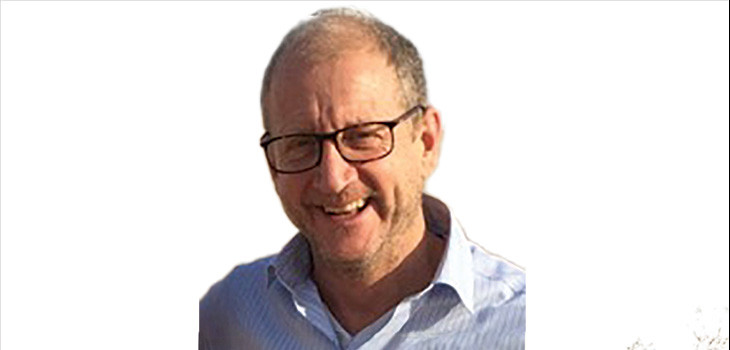
I remember as a student being given an essay title by an over-sincere teacher. The title was: ‘Why?’ Watching my fellow pupils scribbling away, I eventually wrote ‘Why not?’ and left it at that. My essay was marked Alpha ++/ Delta --. I could not see the point of the title.
Things did not improve when I arrived at Sheffield University. Heavily under-inspired, I spent much of my time playing the piano at the Red House pub. When asked to write an essay: ‘What is the role of the executive in our society?’, I wrote an essay about the role of the administrative, the Civil Service. Come to think of it, it might be said that I was not far wrong in confusing the two. I was told by my constitutional law lecturer that I was the only person to whom he had ever given 0/20. He asked me whether I had thought of switching courses.
I was brought up in the Midlands. One of the strongest influences of my early life has been the death, in tragic and complex circumstances, of my mother and my own involvement in the immediate aftermath of her death. I was then brought up under the strong influence of four people – my father, my stepmother and my paternal grandparents. My paternal grandfather manned a machine-gun in the First World War; he was shot three times and very nearly killed. His experiences left him driven by the need to identify principle – what is right and what is wrong. And to stick to principle, even if it might cost him his life. My father served in the Second World War and had the same dogmatic adherence to principle; trained by the Royal Marines and aged 19, by the end of the war, he was a captain in the army before going to Oxford and then into accountancy. And my stepmother? Born, as she put it, in the back streets of Huyton, she was the most loyal, principled and devoted person that I have ever met. You identify what is right and then you stick to it. Like me, they would each despair if they could see some of the things that have gone on in recent years.
That brings me on to books and music. The first book I want to mention is Narcissus and Goldmund. Written by Herman Hesse, it tells the tale of an aesthetic monk (Narcissus) and his relationship with Goldmund, who explores life to its fullest. I understand only too well the combination of the polar opposites that the story tells – the quest for quiet understanding and the desire to see, and experience, life.
And poetry? As a student, I learnt several of the poems of TS Elliot by heart, including The Waste Land which I still carry around with me in my head and recite sometimes when driving (until the windscreen tells me to shut up). I think that, if you read it, really own it, it reveals itself as a great love poem for someone who has died, as well everything else. Try reading it from that perspective. However, the poem also speaks to me about purpose and the finding of peace, ending as it does with the Sanskrit “Datta. Dayadhvam. Damyata. Shantih, shantih, shantih.’
And music? I love La Traviata, the third scene especially. It combines the inner remorse of the story with the power of brilliant musicality. If there is anything that is God given it is art. The story shows the decline of Violetta’s health from being a glittering socialite to the point where she dies, and Alfredo cannot accept her death.
And painting? How about An old woman cooking eggs by Velazquez. Why? Because it is simple, unpretentious and masterful. Like the best of advocacy.
So, it is with that that I came into the law. If asked ‘why?’ I suspect the answer is ‘why not?’ And, hopefully, the quest for principle, purpose and structure. I have been extremely fortunate and supported in my career. Thanks.
Which brings me on to the novel that I wrote. It is written in the first person singular and involves a barrister crashing out of the Bar, moving to Sri Lanka and living in a relationship with Josh. Josh dies and the whole book is dedicated to him. It is not factually autobiographical. I happen to be married with six children. It took me 10 years and 20 rewrites to complete. It includes ‘the true purpose of life is compassion, for that is both universal and it is also where the peace of God lies, in life and in death.’ There is no such thing as them. Only us. That is what I believe. The rest is God’s business.
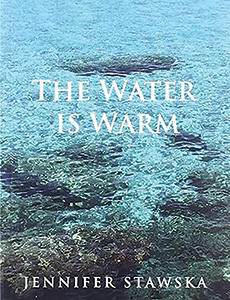
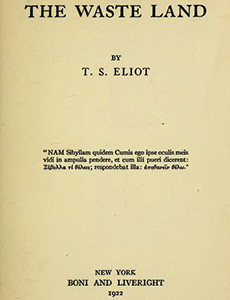
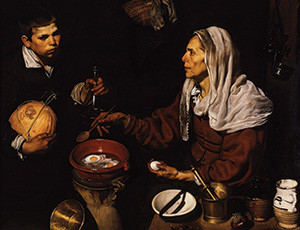
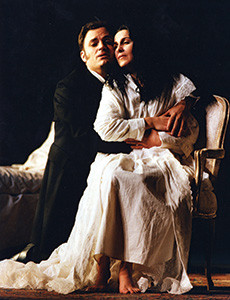
La Traviata – ‘Inner remorse combined with brilliant musicality.’

I remember as a student being given an essay title by an over-sincere teacher. The title was: ‘Why?’ Watching my fellow pupils scribbling away, I eventually wrote ‘Why not?’ and left it at that. My essay was marked Alpha ++/ Delta --. I could not see the point of the title.
Things did not improve when I arrived at Sheffield University. Heavily under-inspired, I spent much of my time playing the piano at the Red House pub. When asked to write an essay: ‘What is the role of the executive in our society?’, I wrote an essay about the role of the administrative, the Civil Service. Come to think of it, it might be said that I was not far wrong in confusing the two. I was told by my constitutional law lecturer that I was the only person to whom he had ever given 0/20. He asked me whether I had thought of switching courses.
I was brought up in the Midlands. One of the strongest influences of my early life has been the death, in tragic and complex circumstances, of my mother and my own involvement in the immediate aftermath of her death. I was then brought up under the strong influence of four people – my father, my stepmother and my paternal grandparents. My paternal grandfather manned a machine-gun in the First World War; he was shot three times and very nearly killed. His experiences left him driven by the need to identify principle – what is right and what is wrong. And to stick to principle, even if it might cost him his life. My father served in the Second World War and had the same dogmatic adherence to principle; trained by the Royal Marines and aged 19, by the end of the war, he was a captain in the army before going to Oxford and then into accountancy. And my stepmother? Born, as she put it, in the back streets of Huyton, she was the most loyal, principled and devoted person that I have ever met. You identify what is right and then you stick to it. Like me, they would each despair if they could see some of the things that have gone on in recent years.
That brings me on to books and music. The first book I want to mention is Narcissus and Goldmund. Written by Herman Hesse, it tells the tale of an aesthetic monk (Narcissus) and his relationship with Goldmund, who explores life to its fullest. I understand only too well the combination of the polar opposites that the story tells – the quest for quiet understanding and the desire to see, and experience, life.
And poetry? As a student, I learnt several of the poems of TS Elliot by heart, including The Waste Land which I still carry around with me in my head and recite sometimes when driving (until the windscreen tells me to shut up). I think that, if you read it, really own it, it reveals itself as a great love poem for someone who has died, as well everything else. Try reading it from that perspective. However, the poem also speaks to me about purpose and the finding of peace, ending as it does with the Sanskrit “Datta. Dayadhvam. Damyata. Shantih, shantih, shantih.’
And music? I love La Traviata, the third scene especially. It combines the inner remorse of the story with the power of brilliant musicality. If there is anything that is God given it is art. The story shows the decline of Violetta’s health from being a glittering socialite to the point where she dies, and Alfredo cannot accept her death.
And painting? How about An old woman cooking eggs by Velazquez. Why? Because it is simple, unpretentious and masterful. Like the best of advocacy.
So, it is with that that I came into the law. If asked ‘why?’ I suspect the answer is ‘why not?’ And, hopefully, the quest for principle, purpose and structure. I have been extremely fortunate and supported in my career. Thanks.
Which brings me on to the novel that I wrote. It is written in the first person singular and involves a barrister crashing out of the Bar, moving to Sri Lanka and living in a relationship with Josh. Josh dies and the whole book is dedicated to him. It is not factually autobiographical. I happen to be married with six children. It took me 10 years and 20 rewrites to complete. It includes ‘the true purpose of life is compassion, for that is both universal and it is also where the peace of God lies, in life and in death.’ There is no such thing as them. Only us. That is what I believe. The rest is God’s business.




La Traviata – ‘Inner remorse combined with brilliant musicality.’


The Chair of the Bar sets out how the new government can restore the justice system
In the first of a new series, Louise Crush of Westgate Wealth considers the fundamental need for financial protection
Unlocking your aged debt to fund your tax in one easy step. By Philip N Bristow
Possibly, but many barristers are glad he did…
Mental health charity Mind BWW has received a £500 donation from drug, alcohol and DNA testing laboratory, AlphaBiolabs as part of its Giving Back campaign
The Institute of Neurotechnology & Law is thrilled to announce its inaugural essay competition
How to navigate open source evidence in an era of deepfakes. By Professor Yvonne McDermott Rees and Professor Alexa Koenig
Brie Stevens-Hoare KC and Lyndsey de Mestre KC take a look at the difficulties women encounter during the menopause, and offer some practical tips for individuals and chambers to make things easier
Sir Geoffrey Vos, Master of the Rolls and Head of Civil Justice since January 2021, is well known for his passion for access to justice and all things digital. Perhaps less widely known is the driven personality and wanderlust that lies behind this, as Anthony Inglese CB discovers
The Chair of the Bar sets out how the new government can restore the justice system
No-one should have to live in sub-standard accommodation, says Antony Hodari Solicitors. We are tackling the problem of bad housing with a two-pronged approach and act on behalf of tenants in both the civil and criminal courts